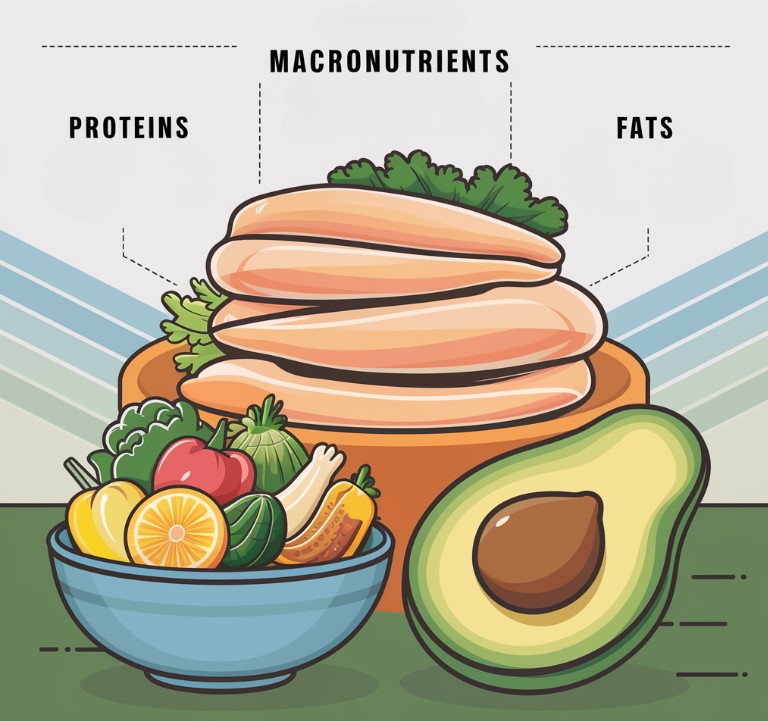Reading books plays a big role in the development of a child in early and preschool age. Through stories, the child will first encounter literature, learn, develop imagination, and will get answers to many questions, and so on. Reading develops the child’s cognitive world; evokes emotions; develops speech and rich vocabulary; satisfies the need for new.
Children respond very well to anything related to animals. This children’s love for animals should be used and read to them as many different texts as possible about rabbits, cats, dogs, donkeys, and whales. Because through stories about animals, children meet creatures different from themselves, yet similar enough to be able to empathize with them. There will never be a shortage of literature like this because the shelves in bookstores are full of content about animals. Of course, if you are too busy, you can always order an animal box subscription which you can find on this site. There are many benefits of reading any kind of book to your child, and animal books will help them to explore the world in various ways.
Empathy

Empathy is taught in many ways and with various tools and with various goals. It is very important that parents encourage children to respect and care for animals, not only because the goal is to raise children who will be caring, compassionate and responsible, but also because children who interact positively with animals have a higher level of self-confidence and better social skills. By reading, children will love animals, they will understand that they are also living beings that have their own needs, as well as the need to be loved and accepted.
Expanding Knowledge

Animals are directly present in the children’s world, a children’s world filled with real or imaginary animals that appear in books, cartoons, films, video games, and zoos, as well as their homes and yards, it is therefore not unusual for a growing body of research to analyze growing up with pets and the role they play in the socio-emotional development of children. There is always room for learning new things and for new knowledge. Children’s brains easily absorb new information, and they are immensely happy with stories, fables, songs, and picture books in which the characters from the zoo once again rule. Here we should pause and note that there is a difference between an animal, as a part of the living world with which a person cannot come into direct contact, but can observe it from a distance or listen to its existence.
Acquisition of Knowledge and Skills

In addition to its importance in the educational context, where it represents the basic way of receiving information and learning, reading plays a major role in the acquisition of other knowledge and skills and is a prerequisite for successful participation in most aspects of life. A picture book, which is the first encounter with a book for most children, is a key part of the earliest reading experiences. In the beginning, the parents read the picture book and show it to the children who are listening to the story, but later the active role of the child as a reader begins to grow. Reading a picture book quickly turns into a joint activity of the child and parents, so the child eventually begins to read the letters and read with parental accompaniment and support.
By Reading, We Expand Our Vocabulary

The more books you read, the more new words will be added to your everyday vocabulary. A wider vocabulary and the ability to speak beautifully boost your self-confidence. In addition, well-defined speech and correct pronunciation of words can be of great help in any profession. Well-read people, good speakers who can talk about various topics, are highly valued in the business world and advance quickly in their careers.
A Clearer Expression of Feelings
The more you read, the richer your vocabulary and knowledge. This makes it much easier for everyone, especially children, to recognize their feelings and express them in the right way.
Improving Memory

While reading the book, we meet many new characters, their character, ambitions, in fact, their whole world. The brain collects and stores all this information. The brain collects and stores all information, which directly affects the strengthening of our memory, especially short-term memory.
Books about Animals Reduce Stress Levels
We all know that animals have a positive effect on humans because, through stories about animals, children meet beings different from themselves, yet similar enough to be able to empathize with them. Children’s books are not only picture books with wonderful pictures and funny stories about animals – they can be a source of inspiration, and wisdom and carry important and great life messages, which adults often forget. These are not messages for children, but for the child that is hidden in each of us.
Self-Confidence

Reading also promotes self-confidence in children, and this is one of the central factors psychological development of the child, and we describe it as inner security, faith in oneself, one’s own abilities, and achieving a positive self-image and self-awareness. In common by participating in these activities, the child develops his identity, i.e. the concept of self, a sense of belonging to family and community, love and interest in one’s roots, but also pride in himself due to the increasing development of his own abilities.
Conclusion
We use books by flipping through them, looking at them, observing them, putting them together and borrowing them. We buy them and give them away. Books contain drawings, illustrations, pictures. We talk about those illustrations, but they also talk to us. The educator, whether reading a picture book or telling a story, should direct children to look at drawings, and pictures. Books contain words, and therefore the child should first of all understand how the story “came” into the book and how speech turns into letters, how to read the words that are written and how those words make a sentence, and sentences make a story.
Related Posts:
- 15 Best Dog Food For Allergies 2024 - Adult, Puppy…
- 20 Best Gaming Headset Under 50$ 2024 - for PC, PS4,…
- Top 10 Best Dog Nail Grinder 2024 - Best Care for Your Pet
- 12 Best Car Wax For Black Cars 2024 - Protection and…
- Top 10 Best Leather Backpack For Men and Women 2024…
- Top 16 Best Office Chair Covers 2024 - Chair…







